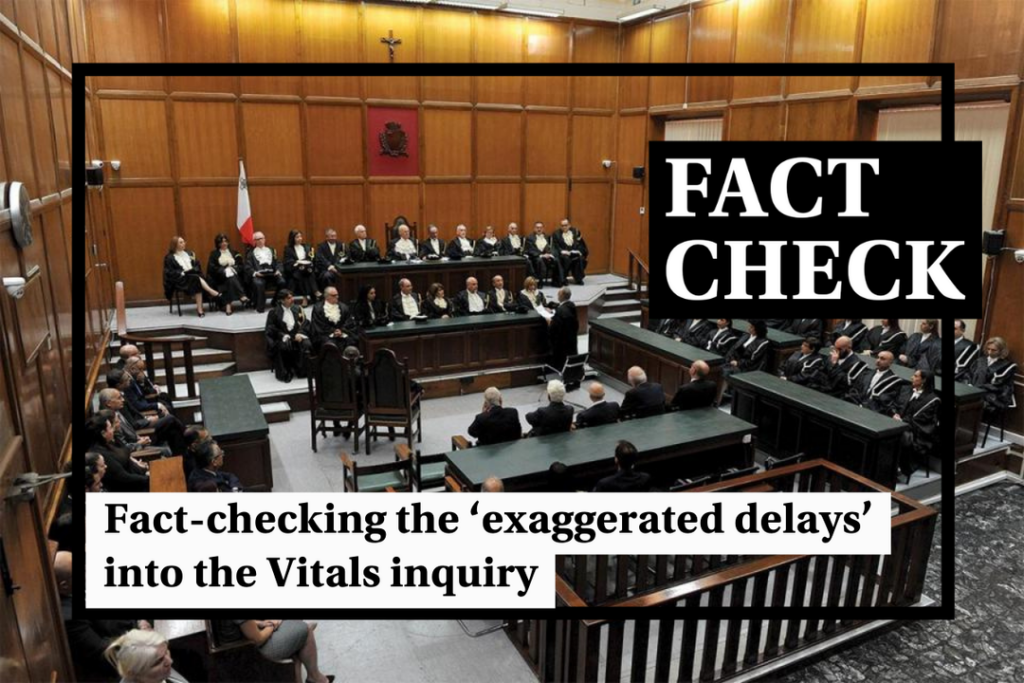Prime Minister Robert Abela lambasted the “exaggerated delays” into a magisterial inquiry investigating potential money laundering and corruption by his predecessor Joseph Muscat and a number of his then-ministers, in scathing comments made late January.
Abela was responding to questions about Muscat’s potential candidature for this year’s European Parliament elections.
“This inquiry has been pending for four and a half years. A magisterial inquiry should be completed within 60 days according to the law, but this has been pending for four years and three months,” Abela said.
“Many people are wondering how this inquiry has been delayed so much when it had all the tools at its disposal, unlimited financial resources, unlimited access to foreign financial experts.”
Abela’s comments refer to a magisterial inquiry launched in November 2019. The inquiry is looking into whether there is criminal responsibility by several high-ranking political figures in the concession agreement that handed three public hospitals to a private consortium. The agreement was scrapped last year, with Maltese courts describing it as ‘fraudulent’.
In his comments, Abela conspiratorially suggested that the completion of the inquiry is being timed to inflict maximum damage on the Labour Party’s electoral prospects.
Do magisterial inquiries really need to be completed within 60 days?
Yes, at least on paper.
According to Malta’s Criminal Code, which sets out the terms under which magisterial inquiries are carried out, a magistrate needs to complete their work within 60 days.
Once this period elapses, the magistrate must send the Attorney General a report explaining the reasons behind the delay.
A fresh report, each time explaining why the inquiry hasn’t been completed, has to be sent every subsequent month.

In reality, things are often a little different.
In 2018, then-Attorney General Peter Grech testified that these reports are “unfortunately not submitted regularly”, saying that most inquiries take longer than the 60-day limit set by the law.
How many inquiries take longer than 60 days to complete?
Almost all of them, to put it bluntly.
Most recent court statistics show that there are currently 1,695 pending inquiries being handled by magistrates in Malta and Gozo’s courts, as of December 2023.
Over the previous two months – or roughly 60 days – some 119 inquiries were completed and an almost equal number of new inquiries, 116, were opened.
This effectively suggests that of the 1,695 pending inquiries, the vast majority (over 1,550) have gone beyond the 60-day threshold set by the law.
But they surely don’t take longer than four years, do they?
There’s no publicly available data showing when each pending inquiry was launched, so we don’t really know how long each inquiry tends to take from start to finish.
But a reply by Justice Minister Jonathan Attard to a parliamentary question last April gives us a glimpse into this.
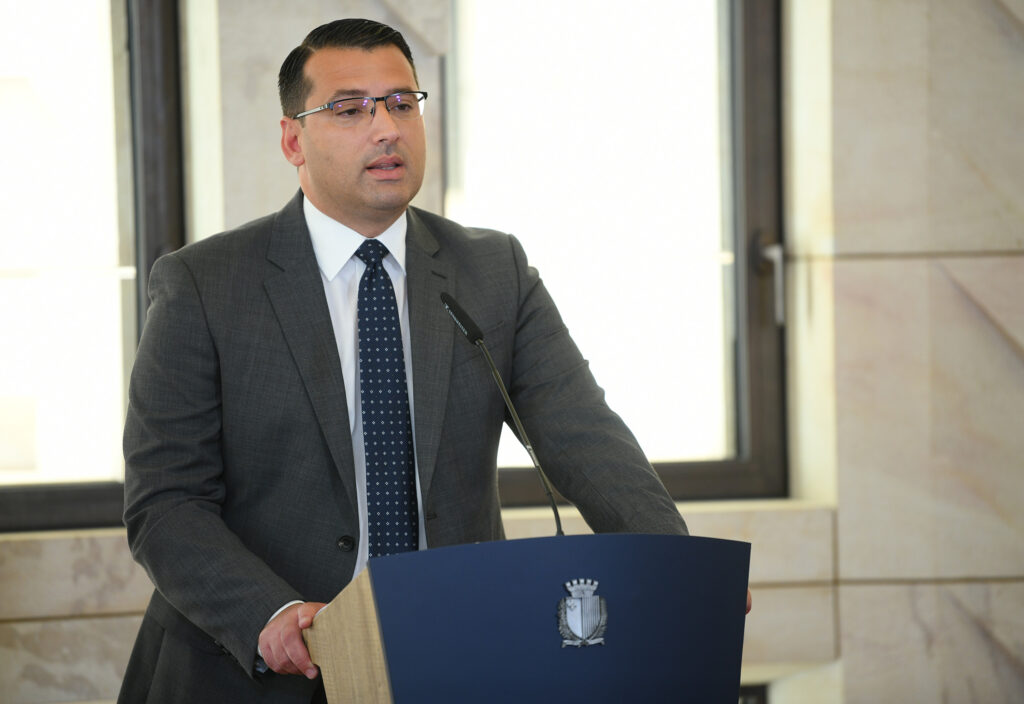
Attard revealed that of the almost 1,700 magisterial inquiries that were pending at the time, only 186 had been opened in 2023, with the remaining 1,512 dating back to previous years.
Most of them, 1,178, had been launched in the previous four years, between 2019 and 2022.
The remaining 334 had been launched in 2018 or earlier, meaning that they had been in the works for more than four full years.
A handful of them appear to have all but ground to a halt, having been launched decades ago. One inquiry dates back to 1979, two others to the late 1980s and a further three to the early 1990s.
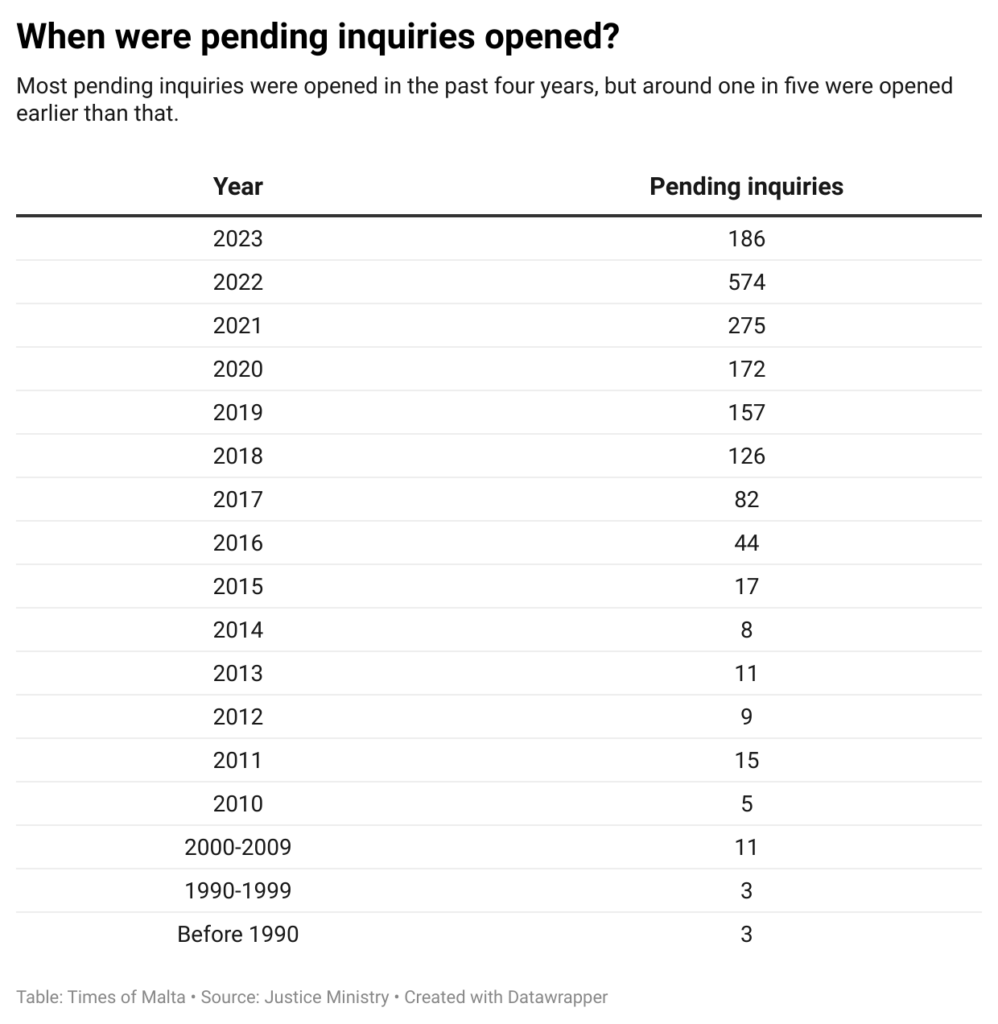
This effectively means that around one in every five magisterial inquiries takes more than four full years to be completed.
This doesn’t come as a surprise. Last year’s EU Justice Scoreboard found that it takes courts almost four years to resolve administrative cases, the lengthiest wait in Europe, amidst a raft of other shortcomings in the judicial system.
Does this mean that magistrates are dragging their feet?
That’s impossible to tell without knowing the complexities of each inquiry. Magisterial inquiries deal with a wide range of issues, from traffic accidents to murders and financial crimes, so they tend to vary wildly in nature.
But we can get a good idea of how many inquiries magistrates are concluding each month by looking at court data.
Over the past year, magistrates concluded a total of 765 magisterial inquiries, or roughly 64 each month. But, just to complicate matters, they were also handed an almost equal number of new inquiries each month, meaning that their workload has remained more or less the same.
In total, the number of pending inquiries dipped ever so slightly throughout 2023, going from 1,741 at the start of the year to 1,695 by the end of it.
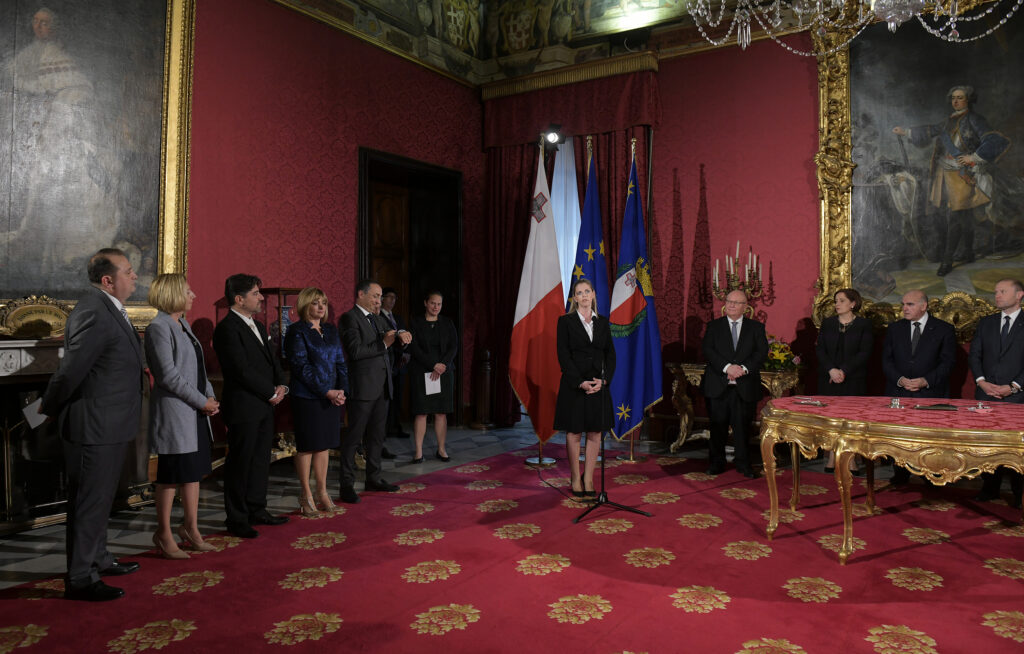
What about the magistrate leading the Vitals inquiry?
The Vitals inquiry, which is currently in the eye of the storm, is being led by magistrate Gabriella Vella.
Muscat is calling for Vella to be removed from the inquiry, arguing that comments made by her father and brother on social media have prejudiced the case and breached his rights. He has also repeatedly questioned leaks emerging from the inquiry, saying that this casts a shadow on its integrity.
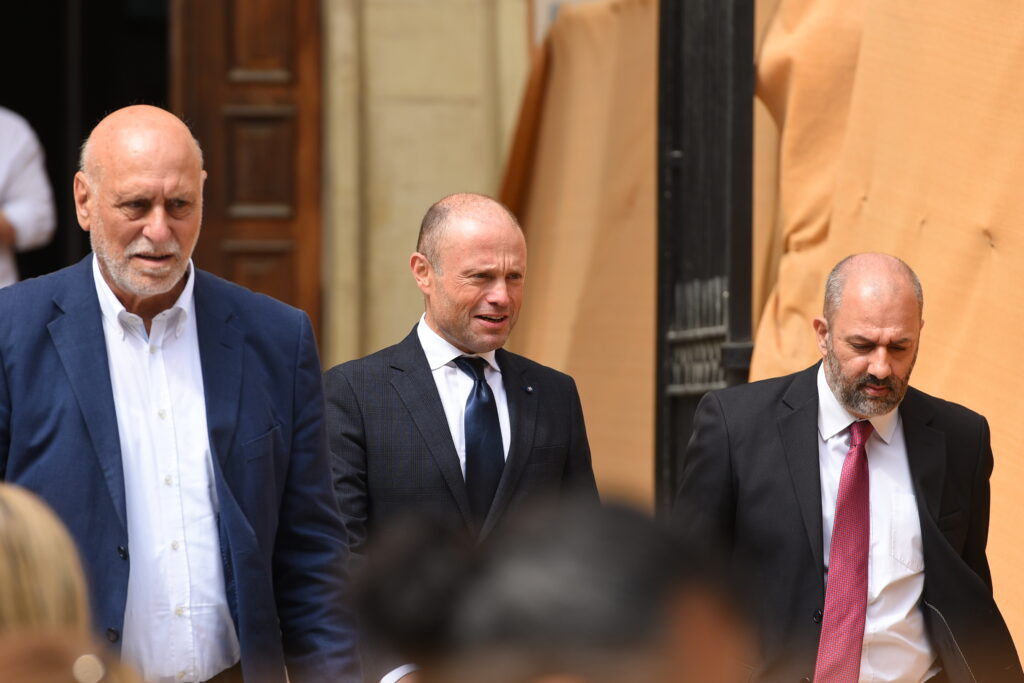
Court data shows that, aside from the Vitals inquiry, Vella currently has 137 other inquiries on her plate, together with 99 other ongoing court cases.
Over the past year, Vella concluded some 41 inquiries, roughly at a rate of three and a half each month.
This compares quite favourably with her fellow colleagues on the bench. On average, magistrates tended to conclude somewhere around 31 inquiries throughout the year, roughly ten fewer than Vella did.
But there are some caveats which need to be taken into account.
Some magistrates tend to deal with more inquiries than others, so the number may be skewed in their favour. Aside from that, the lineup of magistrates changed slightly throughout the year, with the number of magistrates leading the inquiry rising from 23 in January to 24 in December.
Verdict
While the law says that magisterial inquiries should be completed within 60 days, they seldom are.
Figures suggest that most inquiries are completed in less than four years, but a fairly significant number – roughly 20% – tend to take longer than that.
The number of pending magisterial inquiries dipped slightly over the past year but still stands at almost 1,700. This includes a handful of inquiries that were first launched over three decades ago.
Magistrate Gabriella Vella concluded 41 inquiries throughout 2023, more than most of her other fellow magistrates.
The Times of Malta fact-checking service forms part of the Mediterranean Digital Media Observatory (MedDMO) and the European Digital Media Observatory (EDMO), an independent observatory with hubs across all 27 EU member states that is funded by the EU’s Digital Europe programme. Fact-checks are based on our code of principles.
Let us know what you would like us to fact-check, understand our ratings system or see our answers to Frequently Asked Questions about the service.

